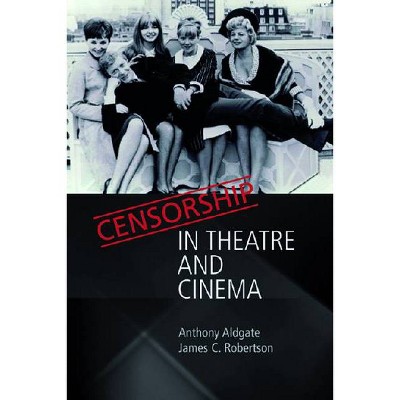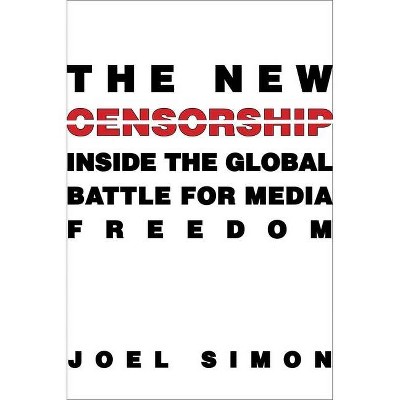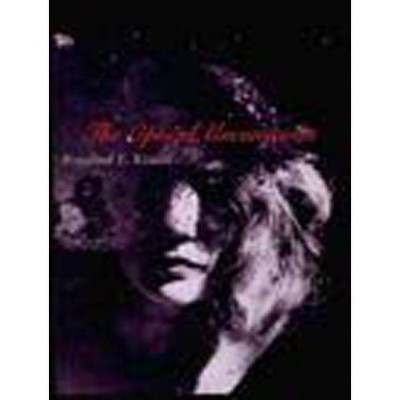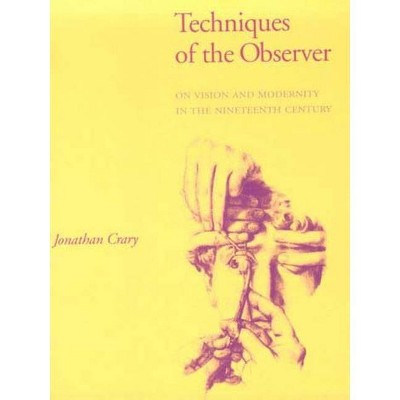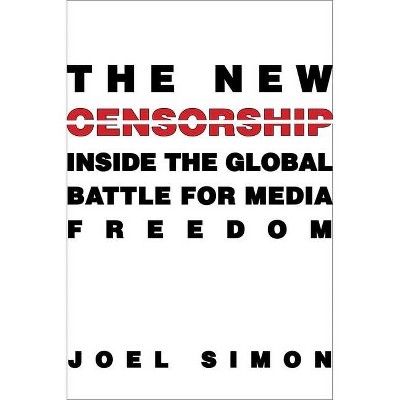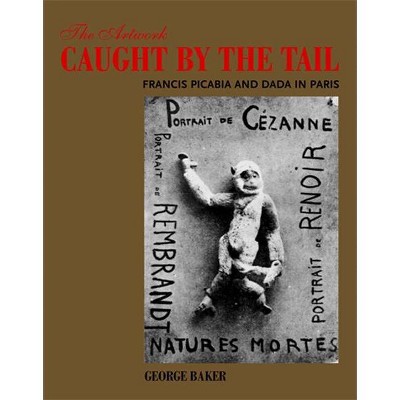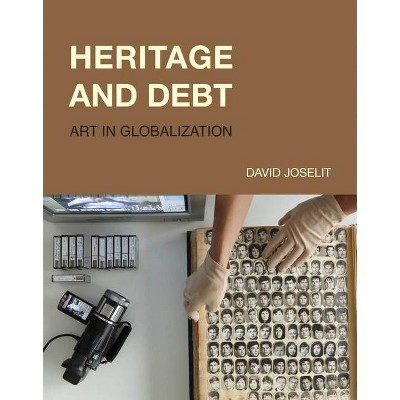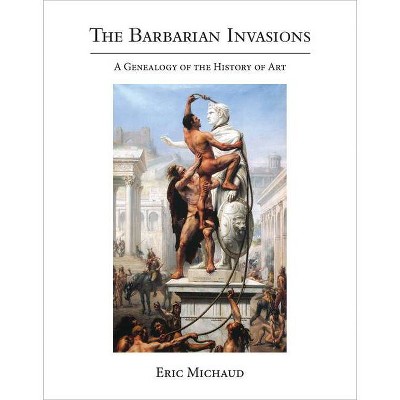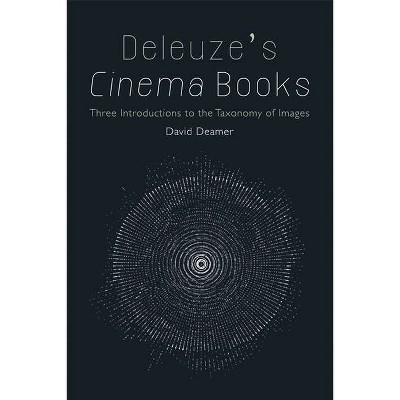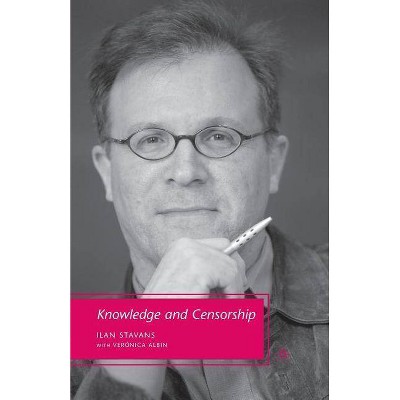Cinema, Censorship, and the State - (October Books) by Nagisa Oshima (Paperback)
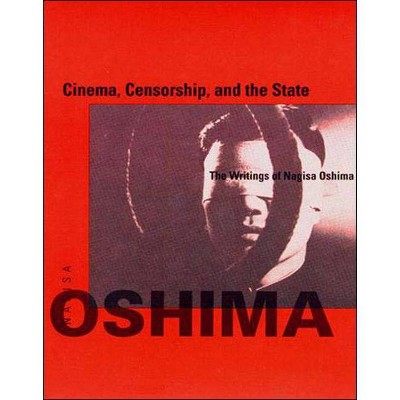
Similar Products
Products of same category from the store
AllProduct info
<p/><br></br><p><b> About the Book </b></p></br></br>The more than 40 writings that make up this intellectual autobiography reveal a rare conjunction of personal candor and political commitment.<p/><br></br><p><b> Book Synopsis </b></p></br></br><b>The texts in this volume make up an intellectual autobiography that reveals a rare conjunction of personal candor and political commitment. </b><p>Nagisa Oshima is generally regarded as the most important Japanese film. director after Kurosawa and is one of Japan's most productive and celebrated postwar artists. His early films represent the Japanese New Wave at its zenith, and the films he has made since (including I<i>n the Realm of the Senses</i> and <i>Merry Christmas, Mr. Lawrence</i>) have won international acclaim. The more than 40 writings that make up this intellectual autobiography reveal a rare conjunction of personal candor and political commitment. Entertaining, concise, disarmingingly insightful, they trace in vivid and carefully articulated detail the development of Oshima's theory and practice.The writings are arranged in chronological order and cover the period from the mid-1950s to the mid-1980s. Following a historical overview of the contemporary Japanese cinema, a substantial section articulates the theoretical and political rationale of 0shima's film production. Among many other topics considered in his essays, Oshima questions the economics of film production, the ethics of the documentary film, censorship (both political and sexual), and the relation of aesthetics and social taboos. A filmography and notes round out this important collection.</p><p/><br></br><p><b> From the Back Cover </b></p></br></br>Nagisa Oshima is generally regarded as the most important Japanese film director after Kurosawa and is one of Japan's most productive and celebrated postwar artists. The more than 40 writings that make up this intellectual autobiography reveal a rare conjunction of personal candor and political commitment.<p/><br></br><p><b> About the Author </b></p></br></br>Annette Michelson (1922-2018) was widely considered one of the twentieth century's most influential writers on film. During her more than five-decade career, she was an art editor and critic for the <i>New York Herald Tribune, </i> a writer for <i>Artforum</i>, a founding editor of the journal <i>October</i>, and Professor in the Department of Cinema Studies at New York University. Some of Michelson's essays on film were collected in <i>On the Eve of the Future: Selected Writings on Film</i> (MIT Press). <p/>Annette Michelson (1922-2018) was widely considered one of the twentieth century's most influential writers on film. During her more than five-decade career, she was an art editor and critic for the <i>New York Herald Tribune, </i> a writer for <i>Artforum</i>, a founding editor of the journal <i>October</i>, and Professor in the Department of Cinema Studies at New York University. Some of Michelson's essays on film were collected in <i>On the Eve of the Future: Selected Writings on Film</i> (MIT Press).
Price History
Price Archive shows prices from various stores, lets you see history and find the cheapest. There is no actual sale on the website. For all support, inquiry and suggestion messagescommunication@pricearchive.us
